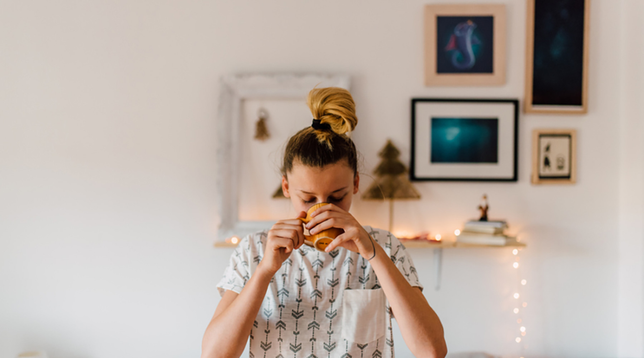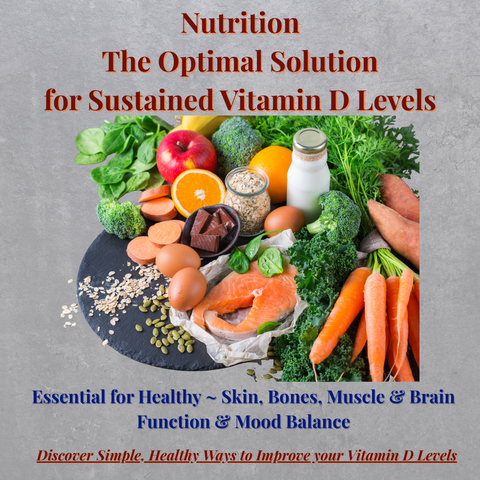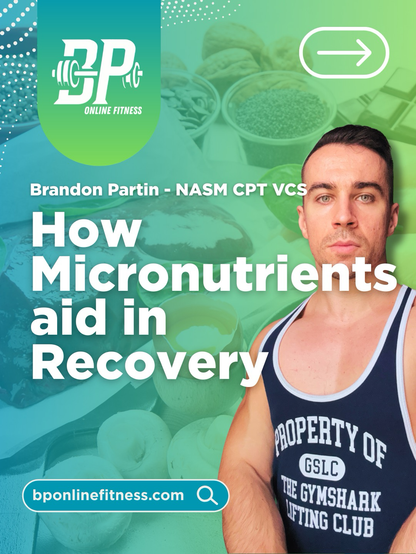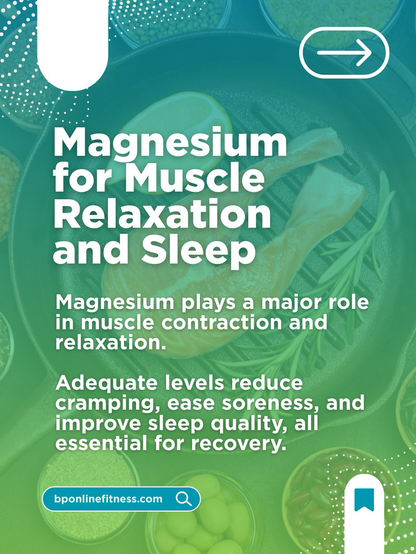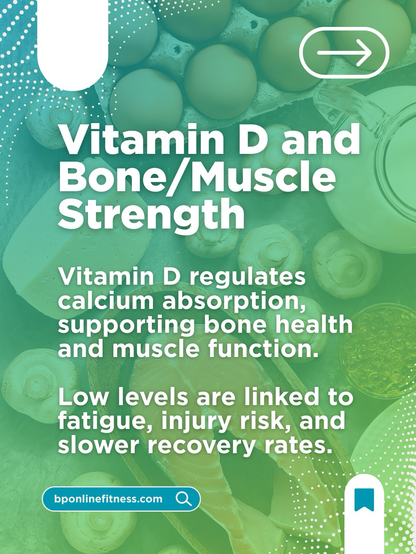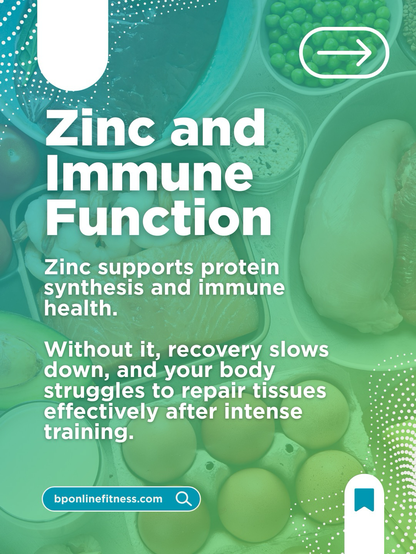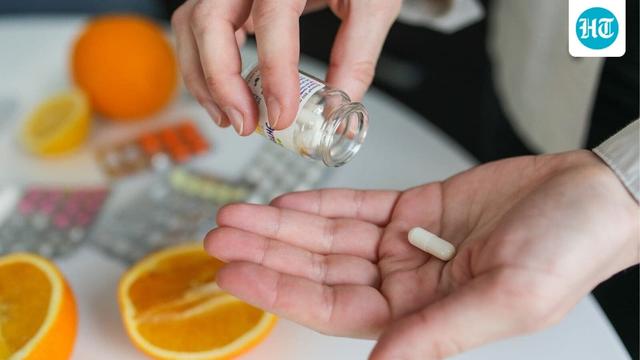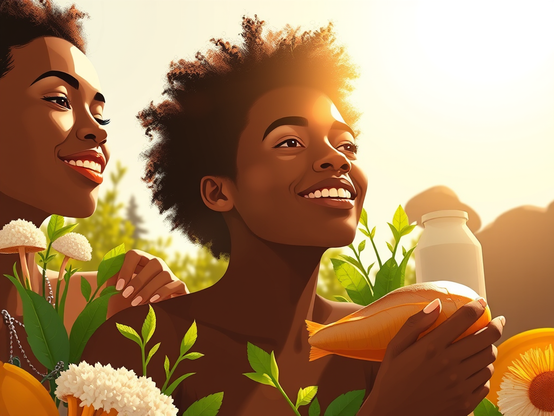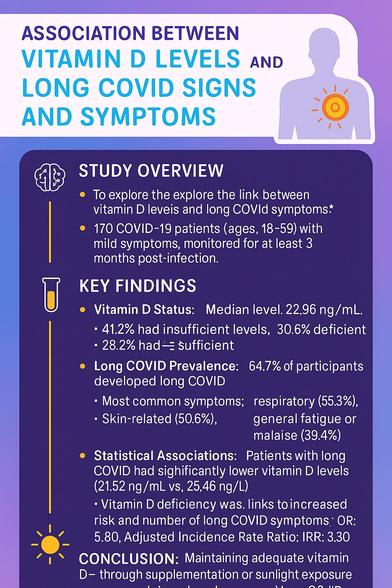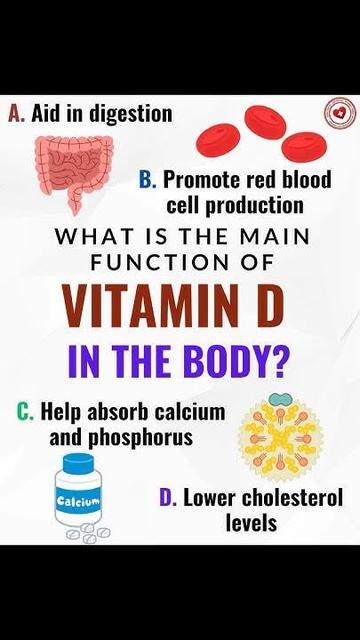Getting Vitamin D Without Dairy: A Guide for Black People with Lactose Intolerance
Vitamin D is essential for strong bones, a healthy immune system, and overall well-being—but getting enough can be especially challenging for Black people who are also lactose intolerant. Due to higher levels of melanin in the skin, Black individuals naturally produce less vitamin D from sun exposure. Combine that with avoiding dairy (a major source of fortified vitamin D), and the risk of deficiency increases.
This article breaks down why vitamin D matters, why Black communities are more vulnerable to deficiency, and how to get what you need without relying on milk, cheese, or yogurt.
🌞 Why Vitamin D Is So Important
Vitamin D helps your body:
Absorb calcium and phosphorus for strong bones and teeth
Support immune function (key for fighting infections)
Reduce inflammation
Support mood regulation and mental health
Possibly lower the risk of chronic diseases like diabetes and high blood pressure
🧬 Why Black People Are at Greater Risk
Melanin, the pigment that gives skin its color, acts like a natural sunscreen. That means:
It can take 3 to 5 times longer for Black skin to produce the same amount of vitamin D as someone with lighter skin.
Even with regular sun exposure, many Black adults and children in the U.S. have low or deficient vitamin D levels—especially in northern states or during winter months.
Add lactose intolerance (which affects over 70% of African Americans) into the equation, and you remove dairy as a common dietary source of vitamin D.
🥦 How to Get Vitamin D Without Dairy
Here are non-dairy ways to maintain healthy vitamin D levels:
1. Sunlight (Your #1 Free Resource)
Aim for 15–30 minutes of sun on bare skin (arms, face, legs) 3–5 times a week.
The darker your skin, the more exposure you need.
Best times: Midday (10 AM – 3 PM) when UVB rays are strongest.
Don’t use sunscreen during this time (but avoid overexposure or burning).
Winter months and northern states? You’ll likely need other sources too.
2. Vitamin D–Rich Foods (Non-Dairy)
You don’t need milk to get your D! Try:
Fatty fish like salmon, sardines, mackerel, and tuna
Egg yolks
Beef liver
Mushrooms (especially UV-exposed varieties)
Fortified plant-based milks (like almond, soy, oat, or rice milk)
Fortified cereals and orange juice
👉 Check labels to make sure “Vitamin D” is listed in the ingredients.
3. Supplements (Easy and Effective)
Vitamin D3 (cholecalciferol) is the best form to take—most closely mimics the kind your body makes from sunlight.
Dosage varies, but many adults benefit from 1,000–2,000 IU daily. Some with deficiency may need higher doses temporarily.
Look for vegan or plant-based D3 if you avoid animal products.
Consult your doctor or healthcare provider before starting high-dose supplements or if you have health conditions.
👩🏾⚕️ Signs You Might Be Deficient
Deficiency isn’t always obvious, but signs may include:
Fatigue
Bone or back pain
Muscle weakness
Depression or mood changes
Frequent illness or infections
Hair loss
A simple blood test can confirm your vitamin D levels. Many community clinics, urgent care centers, and wellness labs offer it—often for free or low cost.
🧠 Why This Matters for the Black Community
Vitamin D deficiency is linked to higher rates of hypertension, diabetes, cancer, and autoimmune disorders, all of which disproportionately impact Black communities. Addressing this vitamin gap is not just about health—it’s about equity.
Taking control of your vitamin D levels can:
Reduce your risk of disease
Improve energy and mood
Strengthen your bones and immune system
Help you age with strength and vitality
✅ Takeaway Tips
✔ Get regular sun exposure (without sunscreen for short periods)
✔ Choose fatty fish, egg yolks, mushrooms, and fortified non-dairy products
✔ Add a quality D3 supplement to your routine, especially in winter
✔ Get tested to see where you stand
Your health matters—and so does your access to knowledge. Just because you’re lactose intolerant doesn’t mean you’re doomed to deficiency. With intention, awareness, and a little sunshine, you can get the vitamin D your body deserves—on your terms.
#1 #BlackCulture #BlackHealth #healthAndWellness #vitaminD
